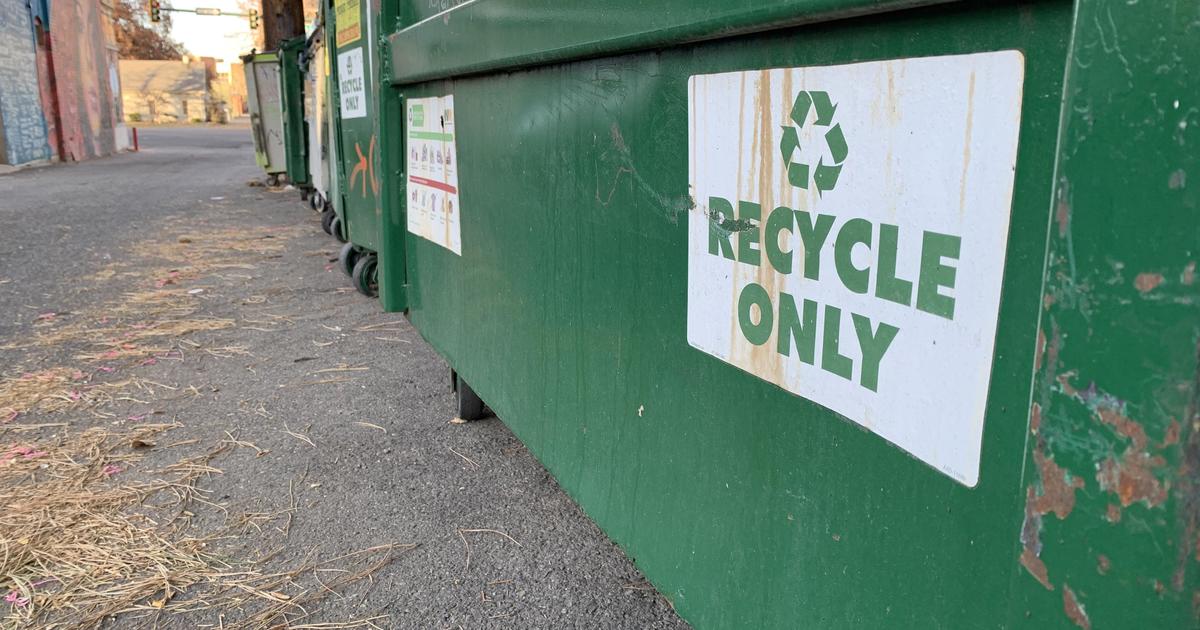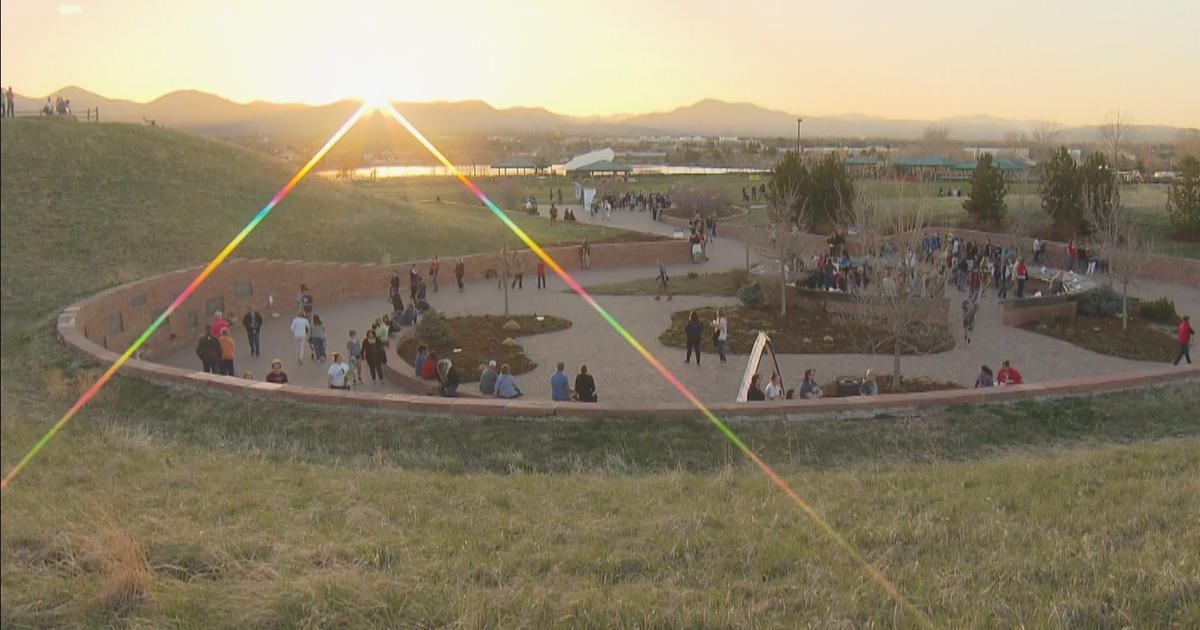Bill Extends Unemployment Benefits To Locked Out Workers
DENVER (CBS4) - Unions and businesses are going to battle at the state Capitol over a bill that would extend unemployment benefits to certain workers in labor disputes.
Approximately 17,000 grocery workers are unionized in Colorado and their contract negotiations are coming up in the next 12 months. The last major grocery strike was nearly 20 years ago, but if the bill passes, companies lose a big bargaining chip.
In May 1996 thousands of King Soopers workers walked off the job. Safeway was negotiating with the same union and knew its leverage would be lost once King Soopers settled, so it locked out workers to put pressure on the union. Things got ugly. Now, under the bill at the Capitol, they could get a lot more costly.
"What this bill about is establishing fairness in our statutes," said Rep. Dominick Moreno, D-Commerce City.
Moreno is sponsoring the bill that would make any employees locked out eligible for unemployment benefits.
"This is really about working families and making sure that if they are unemployed at no fault of their own, that they are eligible for unemployment benefits," Moreno said.
But businesses -- from grocers to hospitals to builders -- argue unemployment benefits are not for union members waiting for contract settlements. They say if a union decides to strike one company in coordinated bargaining, it should expect a lockout by the other.
"If this bill were to go through and the law were to change, basically it gives the advantage to unions because they don't have a whole lot to lose if they strike and then the employees are locked out because you and I will be paying unemployment benefits," Diane Mulligan with the Colorado Retail Council said.
"It's an employer decision to lock workers out, and by putting these people out on streets without a way to pay their mortgage, feed their children and families, they're essentially driving those individuals to public assistance for however long that strike is taking place," Phil Hayes with Colorado AFL-CIO said.
The 1996 strike lasted three months, which has some lawmakers worried. If the unemployment trust fund -- already operating on borrowed money -- is drawn down too far, the state would have to raise rates on all employers.
"So now every business is now affected by the contract dispute, per se, between one employer and their employee organization," said Rep. Brian Delgrosso, R-Loveland.
The bill passed the House one week after being introduced, but it's not clear if Gov. John Hickenlooper will sign it. His office would only say he's hopeful a compromise can be reached that all sides can live with. Former Gov. Bill Ritter, also a Democrat, vetoed a similar bill.



